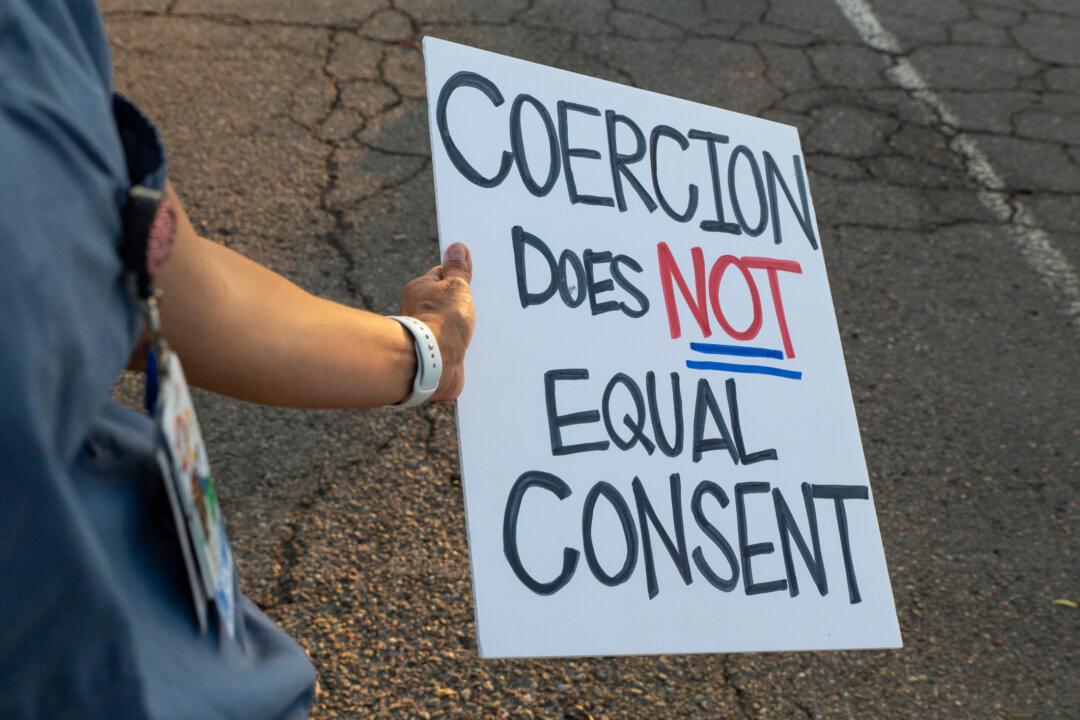Commentary
Historical examples of government-sanctioned medical malfeasance and human rights violations are many. They are chapters of history we don’t like reading, and people often skim over them in pursuit of a bright and brave new world. Yet, the old and tired adage still rings true: Those who are ignorant of history are doomed to repeat it.
